Innovative Learning
The societal changes of today are driving new ways of thinking, acting and learning for children, young people and adults in the physical on-line and virtual spaces of tomorrow. The strategic research area Innovative Learning addresses issues of the education and learning of today and tomorrow.
Guadalupe Francia, former research leader for the area talks about Innovative Learning and the research programmes within the area.
We strive to develop knowledge, strategies and working methods to address the societal changes that affect learning processes for children, young people and adults in formal and informal educational contexts.
In close cooperation with private and public sectors, we address issues relating to the structuring of education and learning for today and tomorrow in order to contribute to a long-term sustainable society built on democracy and justice.
A driving force here is the opportunity to construct research in a new way. Connecting across disciplines to take on complex societal challenges gives us new opportunities for creating knowledge that benefits a broader public.
Anneli Frelin, Research Leader
The strategic research domain Innovative Learning addresses social challenges linked to goals 1, 4, 5, 10 and 16 in Agenda 2030.
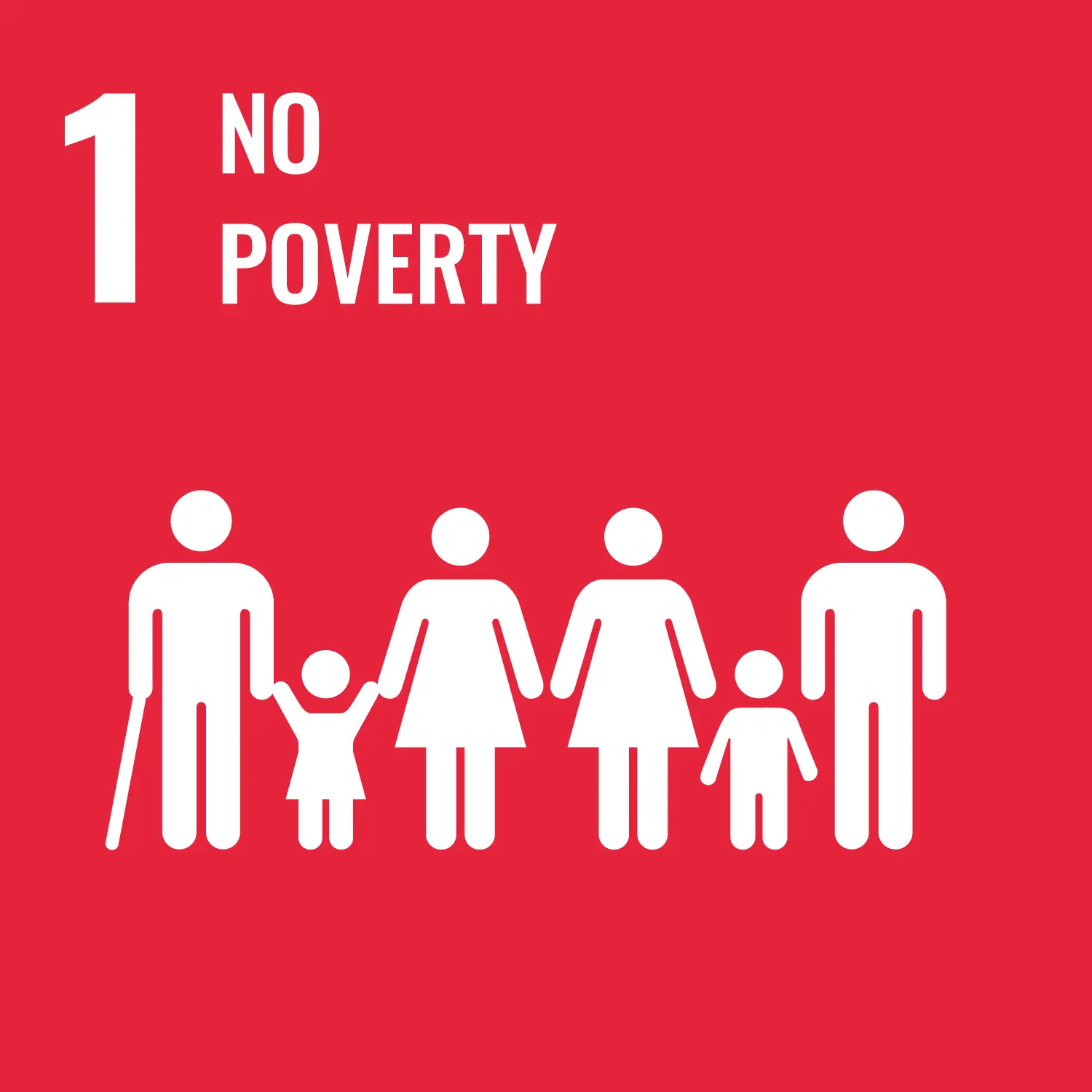
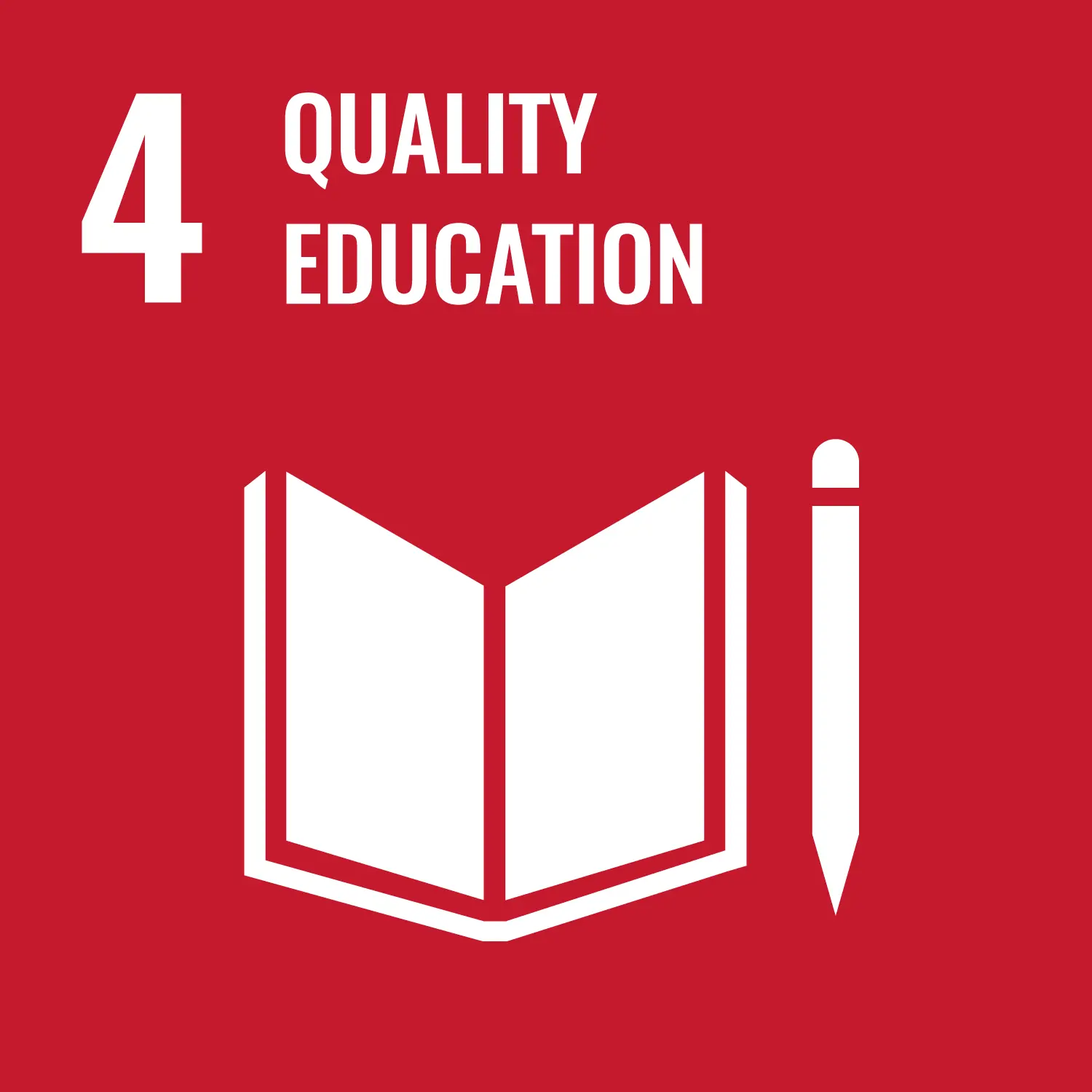
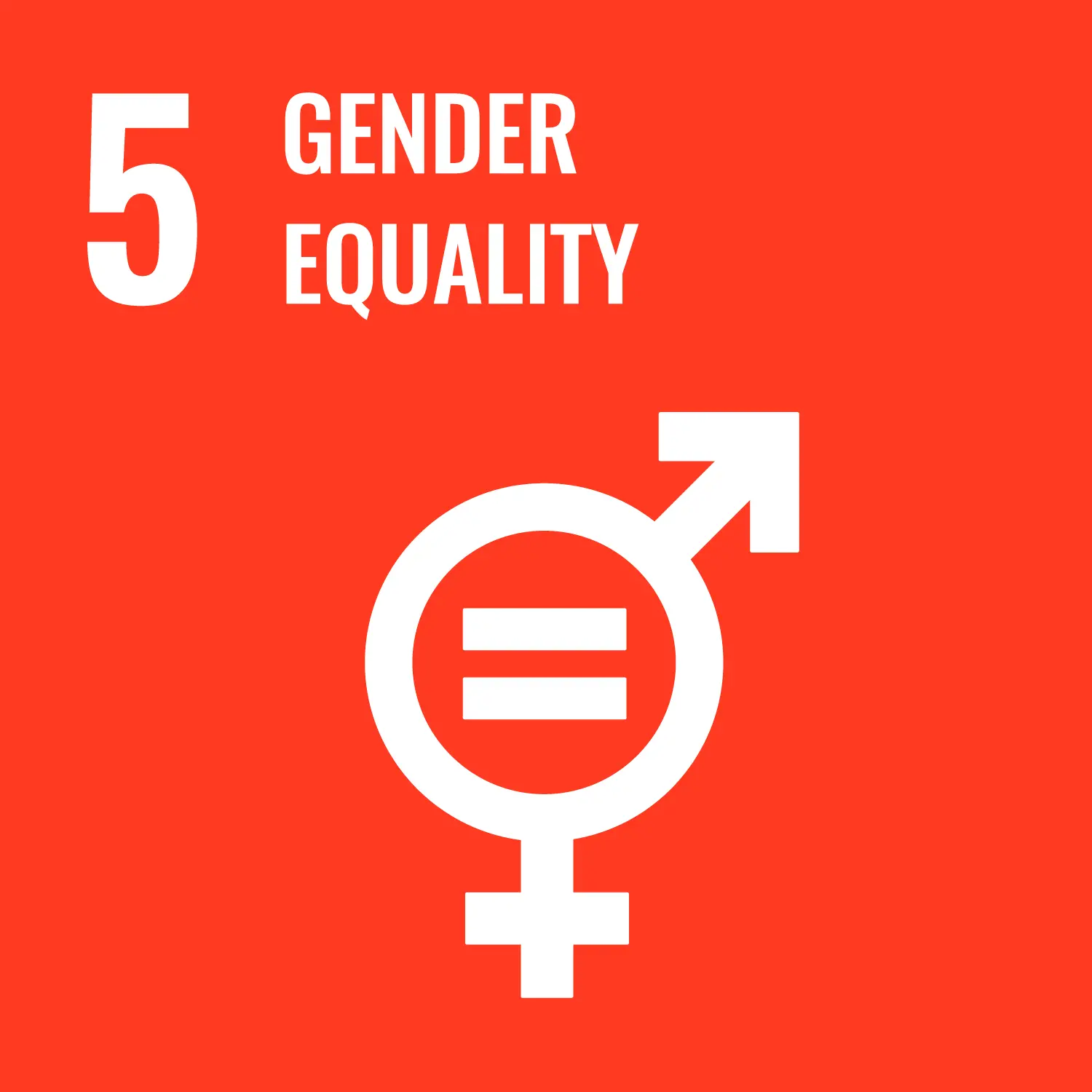
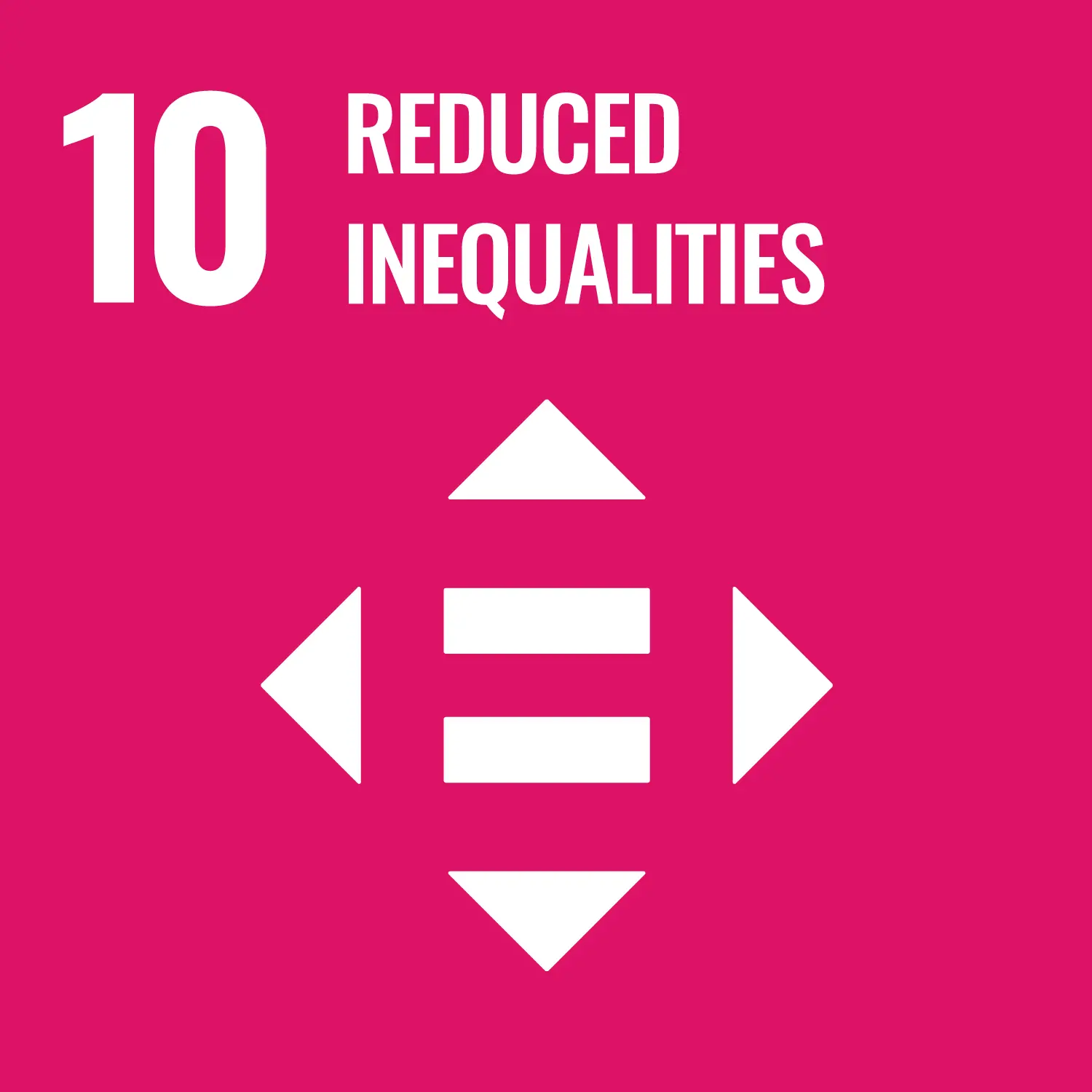
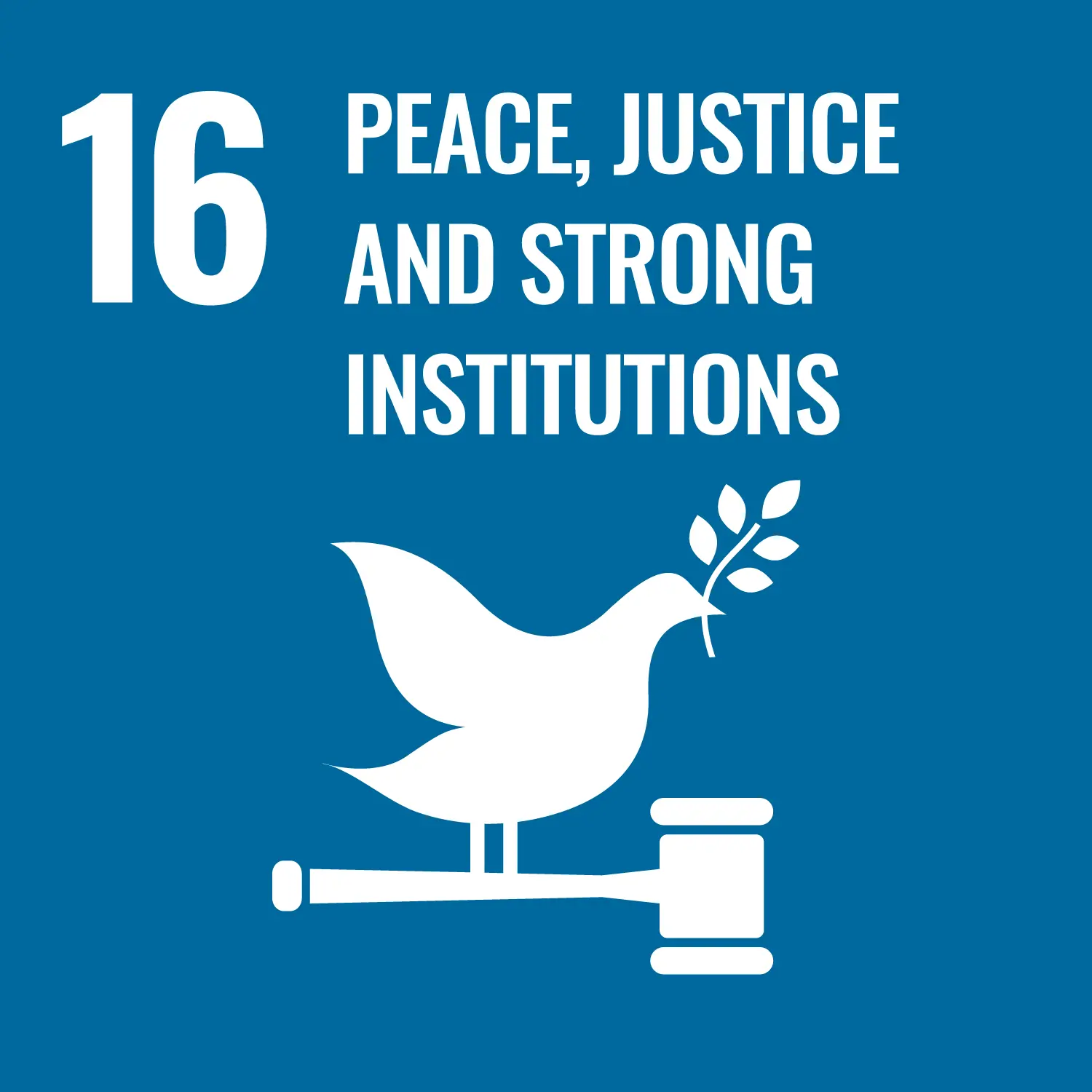
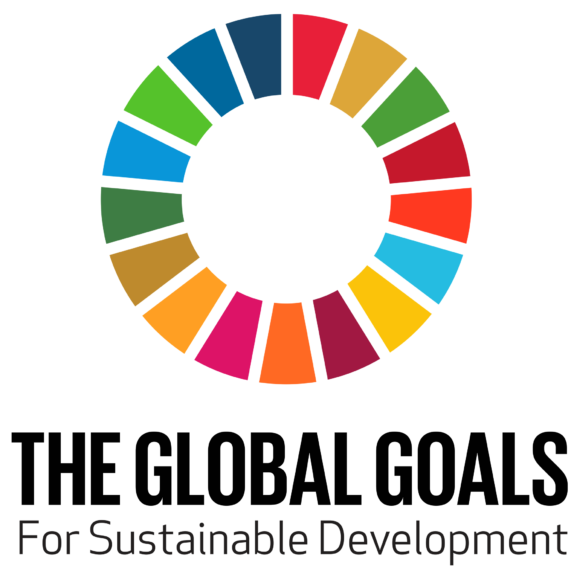
The goal of the strategic research domain Innovative Learning, where we address issues of how education and learning of today and tomorrow can be shaped, is to contribute to a long-term sustainable society that is just and democratic.
The technological development is rapid, teachers have further opportunities to make teaching vibrant and the pupils can demonstrate their knowledge in new ways. The need for more knowledge on how this affects children’s and adults’ learning, as well as how school development is affected by social, financial and cultural structures, is extensive.
Within 10 years, more than 1,000 new schools and pre-schools need to be built, learning environments where children, young people and adults can thrive and grow. At the same time, we have an extensive shortage of teachers, growing numbers of pupils, declining knowledge results and declining health, and accordingly, new knowledge is required about how learning environments of tomorrow can contribute to meeting these challenges.
Our research programmes, which address learning processes for social sustainability, digitalisation and future learning environments, are all interdisciplinary. We collaborate with private and public sectors, and operate both nationally and internationally as the challenges we face are local as well as global.
Research Leaders
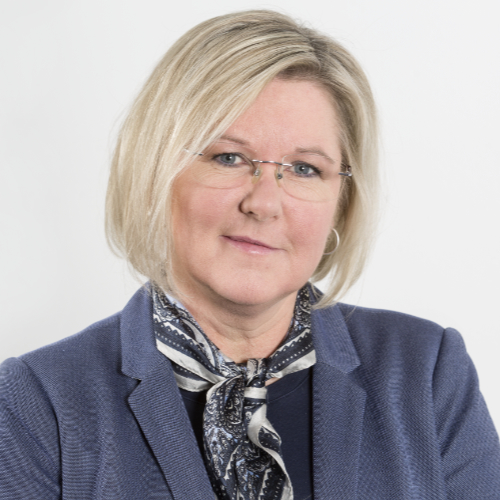
Contact Anneli Frelin for questions about his research projects or read more about his research and see his publications in the researcher presentation.

Contact Daniel Petterson for questions about his research projects or read more about his research and see his publications in the researcher presentation.
Research Programmes
Three research programmes constitute the strategic research domain Innovative Learning: Democracy and Equity, Digitalisation, technologies, media and learning and Learning environments of tomorrow.

Democracy and Equity
The programme seeks to develop innovative research on learning processes at an individual, group, policy and social level
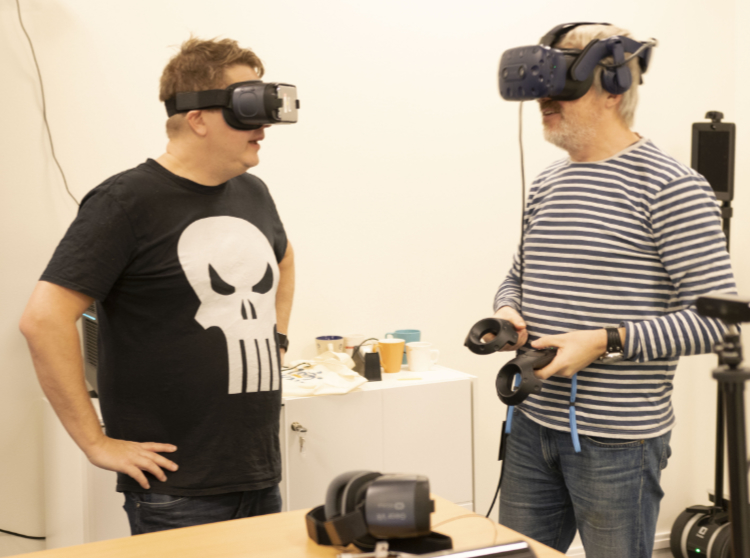
Digitalisation, Technologies, Media and Learning
Institutional, organisational, social, technical, financial and contextual possibilities and challenges linked to digitalisation and learning.

Learning Environments of Tomorrow (LET)
Focus on creating fit-for-purpose and sustainable learning environments for tomorrow
This page was last updated 2024-04-18
